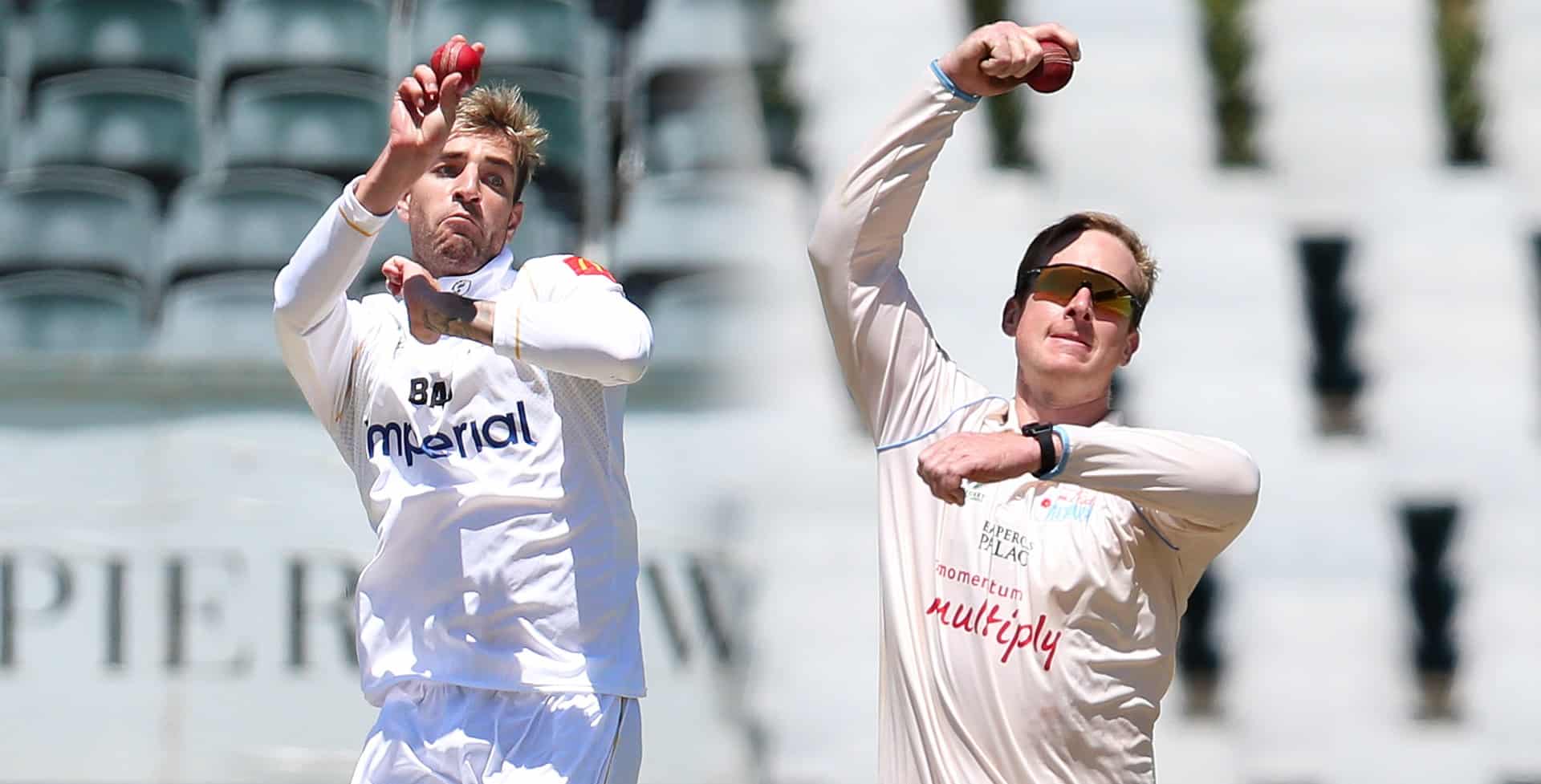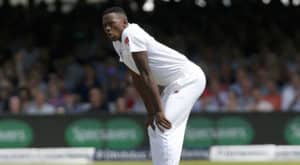The first four rounds of the domestic 4-Day Series have offered some positives for the Proteas’ Test season on the bowling front, but little to inspire confidence with the bat, writes RYAN VREDE.
South Africa’s Test season is looming, with the first of three Tests against India scheduled to start on 17 December. It remains to be seen whether the tourists honour their commitment to the tour in light of the emergence of the new Covid-variant Omicron. They’ve said they’re coming, so for now, the tour looks set to go ahead.
The Proteas will go into that Test series with a 50% win record under head coach Mark Boucher (five wins in 10 Tests). Six of those Tests have been played in South Africa, and two against a Sri Lanka side crippled by injuries. In this context, the record is unflattering at best.
The series they’ve lost – against England and Pakistan – exposed their deficiencies on multiple fronts, not least of all their batting, which, at times, was woeful.
Since the start of Boucher’s tenure, they’ve scored over 300 just thrice in 20 innings. Two of these 300-plus scores came against a Sri Lanka bowling unit crippled by injury. The breakdown of the remainder of the team’s batting totals reads:
- 0-99 runs: 1 (chased 67 to win without losing a wicket)
- 100-149 runs: 0
- 150-199 runs: 3
- 200-249 runs: 7
- 250-299 runs: 6
It is also notable that since December 2019, only Afghanistan have recorded fewer Test hundreds (two in two matches) than South Africa (four in 10).
There is a defining period coming up for the Proteas batters in particular. After the India series, they travel to face world champions New Zealand in two Tests in February and they have a three-Test series in England in August and September.
The Proteas have the building blocks of a really good Test unit, but appear to be short of match-defining individuals, particularly in the batting department.
The depth here continues to be a worry. There were centuries from Pieter Malan and Tony de Zorzi for South Africa A in the first four-day match against India A, as well as half-centuries for Sinethemba Qeshile, Jason Smith and George Linde.
These performances are notable, but it would remiss not to note that the Bloemfontein track was a bowler killer, yielding only 11 wickets in the entire match.
The 4-Day Series’ leading run-scorer, Pite van Biljon, scored one of his two centuries in Bloemfontein, and the other on the flat track of Potchefstroom. The second-placed Matthew Breetzke got one of his two centuries in Bloem, and another against a young Western Province attack in Port Elizabeth.
I’ve been most impressed by the Titans’ Neil Brand, whose last five innings read 58*, 56, 48, 32* and 111. Ryan Rickleton has also been hugely impressive with two centuries in three innings.
In March, I wrote with concern about the lack of black African batting talent emerging from the domestic ranks. Those concerns endure. The best of the current bunch is Grant Mokoena, who has scored 309 runs at an average of 44. Khaya Zondo got an unbeaten double hundred against the series’ bottom-placed team, Western Province.
Themba Bavuma is the only black African batter to establish himself in the Test side since isolation. He has become known for his grit, but his place has constantly been under scrutiny. His record – 2,097 runs in 73 innings at an average of 32.26 with just one century – is constantly cited as indicative of his mediocrity. There is also never a shortage of social media critics who attribute his ongoing selection to the quotas in place.
As it stands, the Proteas have to pick an average of three black African players and three coloured or Indian players in a match XI throughout a season. This makes dropping Bavuma complex, especially if there is no performing black African batter to replace him. This situation is going to continue to haunt the selectors if Bavuma doesn’t arrest his mediocrity in the coming Test season.
There are far fewer concerns on the bowling front. The core of bowlers in the Test unit is world-class, while their backups have high growth potential. Add to that the emergence of former Kolpak-deal bowlers Duanne Olivier and Simon Harmer as high-quality bowling options to the Proteas. The duo lead the wicket-takers list with 28 and 20 wickets, respectively.
Olivier confirmed that he is available for Proteas selection and has been contacted by selection chief Victor Mpitsang. Harmer hasn’t recently spoken about his position on this, but in the past indicated his desire to play Test cricket for South Africa.
It would be criminal not to mention Lions seamer Malusi Siboto, who has bowled nearly 100 overs less than Harmer, but trails him by just three sticks and boasts an incredible average of 7.61, and an economy of 1.71.
These are good problems to have. Solve the ones on the batting front, and remedy the coaching issues that plague the team (ie find a competent replacement for Boucher) and the Proteas have the potential to climb the Test rankings once more.
Photo: BackpagePix





